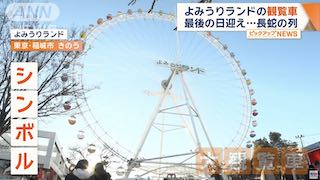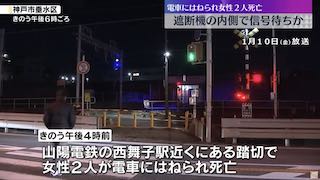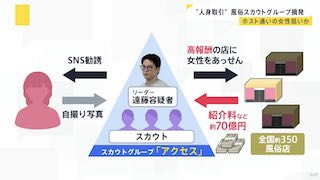Jun 16 (Japan Times) - Japan’s new law on minpaku (private lodging) businesses took effect Friday, but stringent rules may dampen the entry of homeowners into the market, despite hopes that it could help counter a shortage of accommodation amid a growing number of foreign tourists.
The new law enables private homes to be offered as accommodation for tourists only if the owners submit the necessary paperwork to prefectural governments or designated municipalities. Registrations can also be made online.
Previously, offering accommodation in private homes was allowed in Japan only under the Hotel Business Law, except for private lodging services in specially deregulated zones. The law requires property owners to obtain accommodation licenses.
The new law is designed to cope with a sharp increase in foreign visitors and a consequent shortage of hotel rooms, a trend expected to continue in the run-up to the 2020 Tokyo Olympics and Paralympics.
“Through setting steady rules, we aim to expand the healthy minpaku business while making sure of the safety and security of users,†Nobuhiko Hohokabe, an official at the Japan Tourism Agency, said at a news conference promoting traditional Japanese houses.
Minpaku businesses are expected to better meet the needs of foreign visitors hoping to experience Japanese culture up close, said Hohokabe, who is in charge of minpaku services, adding this would lead to more repeated visits to Japan by overseas travelers.
The number of foreign visitors to Japan surged 19.3 percent in 2017 from the previous year, hitting a record high of over 28 million, according to the JTA. The government has set a target of 40 million foreign visitors by 2020.














